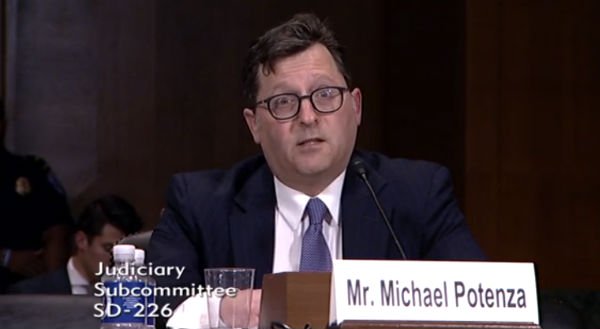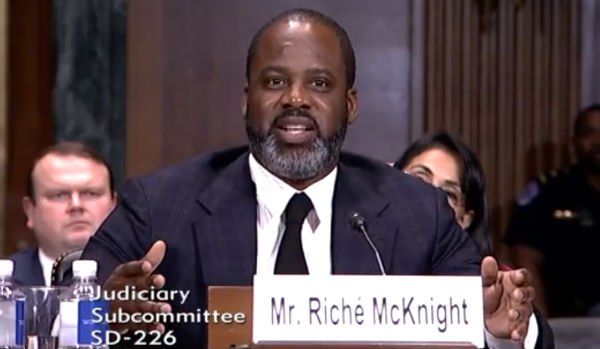Judge: IP-Address Doesn’t Locate or Identify a BitTorrent Pirate
jeudi 9 mai 2019 à 11:06 Since the start of this decade, hundreds of thousands of alleged BitTorrent pirates have been sued by so-called ‘copyright trolls’ in the United States.
Since the start of this decade, hundreds of thousands of alleged BitTorrent pirates have been sued by so-called ‘copyright trolls’ in the United States.
The select group of rightsholders that file these cases generally rely on an IP address as evidence. They then ask the courts to grant a subpoena, ordering Internet providers to hand over the personal details of the associated account holder.
While some judges have refused to do so in the past, many District Courts still issue these subpoenas. However, over the years judges have grown more skeptical about the provided evidence. This includes Florida District Court Judge Ursula Ungaro.
In February, Judge Ungaro was assigned a case filed by the adult entertainment company “Strike 3 Holdings,” which has filed hundreds of lawsuits over the past several months.
The company accused IP-address “72.28.136.217” of sharing its content through BitTorrent without permission. The Judge, however, was reluctant to issue a subpoena. She asked the company how the use of geolocation and other technologies could reasonably pinpoint the identity and location of the alleged infringer.
Responding to this order to show cause, Strike 3 explained that it used Maxmind’s database to link the IP-address to Internet provider Cogeco and a location in Southern Florida. According to Maxmind, its IP address tracing service is roughly 95% accurate in the US, so the rightsholder is confident that it filed the case in the right court.
Strike 3 further admitted that, at this point, it doesn’t know whether the account holder is the actual copyright infringer. However, the company believes that this is the most plausible target and says it will try to find out more once the identity of the person in question is revealed.
That was not good enough for Judge Ungaro. In an order released this week she writes that, other than stating that it’s “plausible” that the infringer can be identified through the IP-address, Strike 3 failed to explain how the geolocation software can properly identify or locate the actual infringer.
“There is nothing that links the IP address location to the identity of the person actually downloading and viewing Plaintiff’s videos, and establishing whether that person lives in this district,” Judge Ungaro writes.
The order points out that an IP-address alone can’t identify someone. As such, it can’t accurately pinpoint the person who allegedly downloaded the copyright infringing content.
“For example, it is entirely possible that the IP address belongs to a coffee shop or open Wi-Fi network, which the alleged infringer briefly used on a visit to Miami,” Judge Ungaro notes.
“Even if the IP address were located within a residence in this district, the geolocation software cannot identify who has access to that residence’s computer and who actually used it to infringe Plaintiff’s copyright,” she adds.
Strike 3 stressed that many courts have issued subpoenas based on the exact same evidence. While that is true, the Judge counters that other courts, which also doubted the strength of an IP-address as evidence, have refused to do so.
In this instance, the Court finds that Strike 3 hasn’t provided sufficient evidence to argue that it can reasonably rely on the usage of geolocation to establish the identity of the accused downloader. Nor does it prove that the person lives in the Court’s jurisdiction.
As a result, the Court refused to issue a subpoena and dismissed the case against IP-address 72.28.136.217 for improper venue. The case is closed and Strike 3 won’t get the opportunity to refile.
While not all judges may come to the same conclusion, the order is a setback for Strike 3 and other rightsholders. They clearly have to come up with other arguments or evidence if their case is handled by this Judge.
But that shouldn’t really come as a complete surprise, as Judge Ungaro has issued similar orders in the past.
—
A copy of Judge Ursula Ungaro’s order, pointed out to us by SJD, is available here (pdf).
Source: TF, for the latest info on copyright, file-sharing, torrent sites and more. We also have VPN reviews, discounts, offers and coupons.
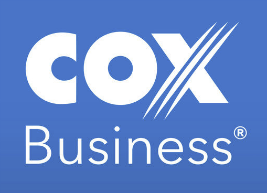 Last summer, Cox ended its piracy liability lawsuit with music company BMG, agreeing to a “
Last summer, Cox ended its piracy liability lawsuit with music company BMG, agreeing to a “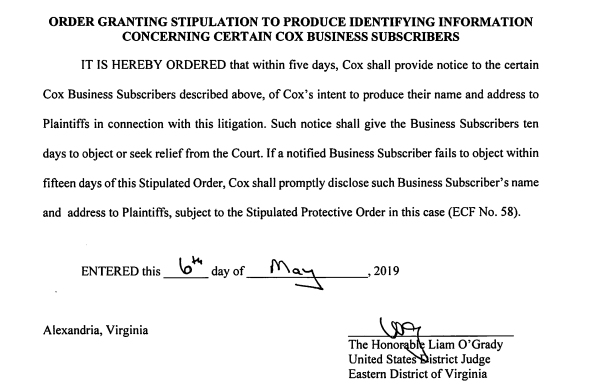

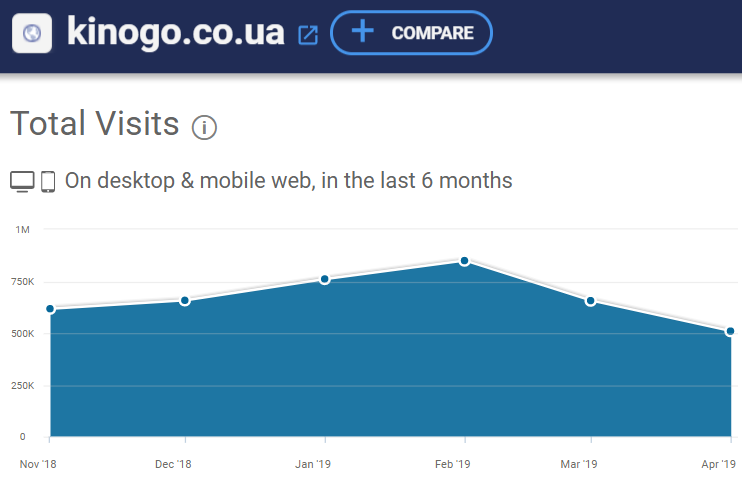
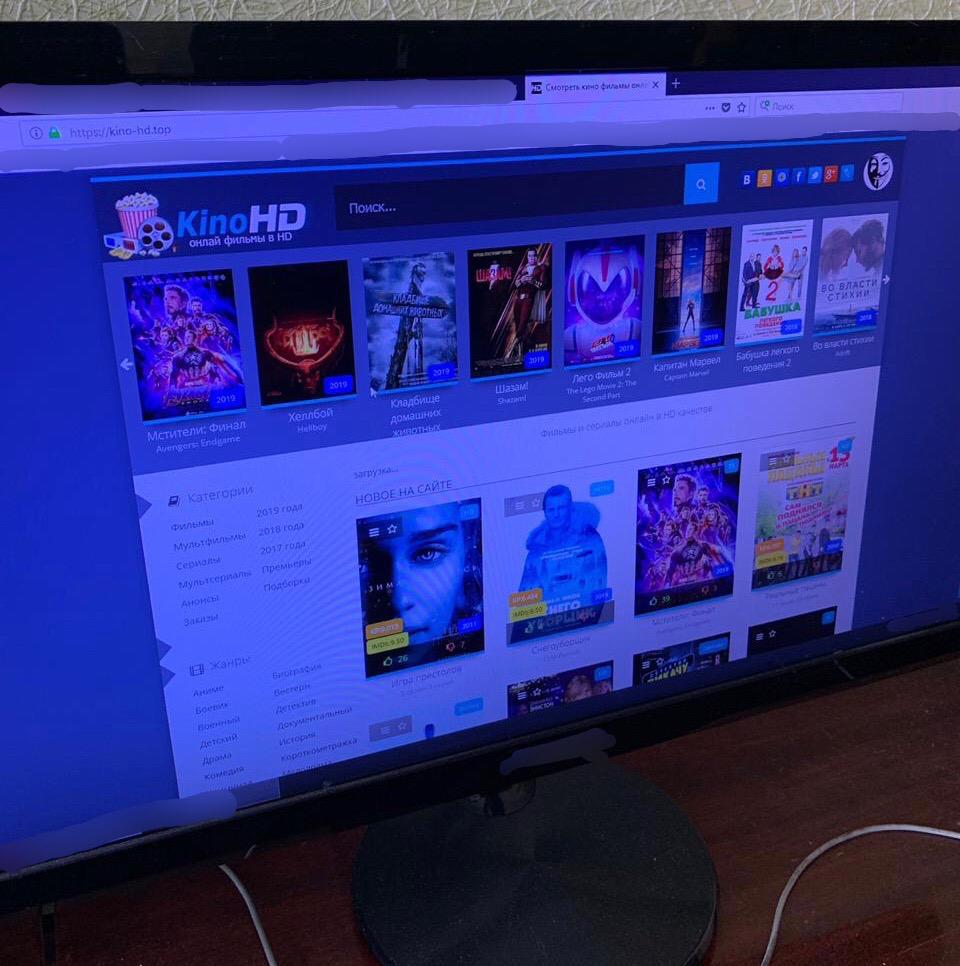
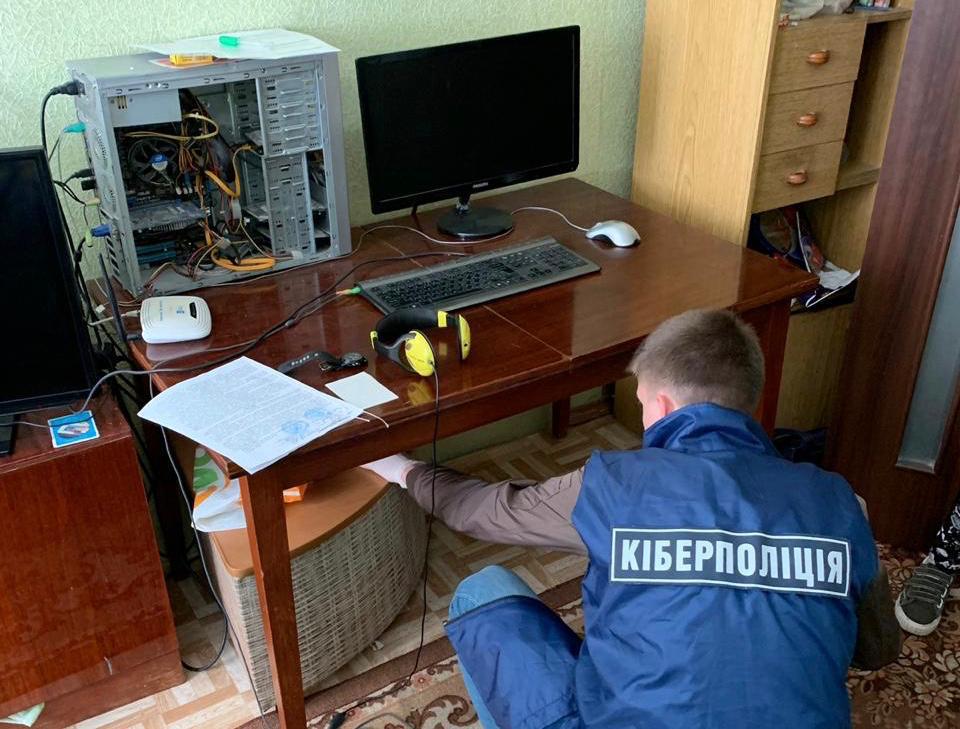
 Under U.S. law, streaming and downloading piracy are seen as two different offenses. Not just from a technical point of view, but also in the way they are punished.
Under U.S. law, streaming and downloading piracy are seen as two different offenses. Not just from a technical point of view, but also in the way they are punished.